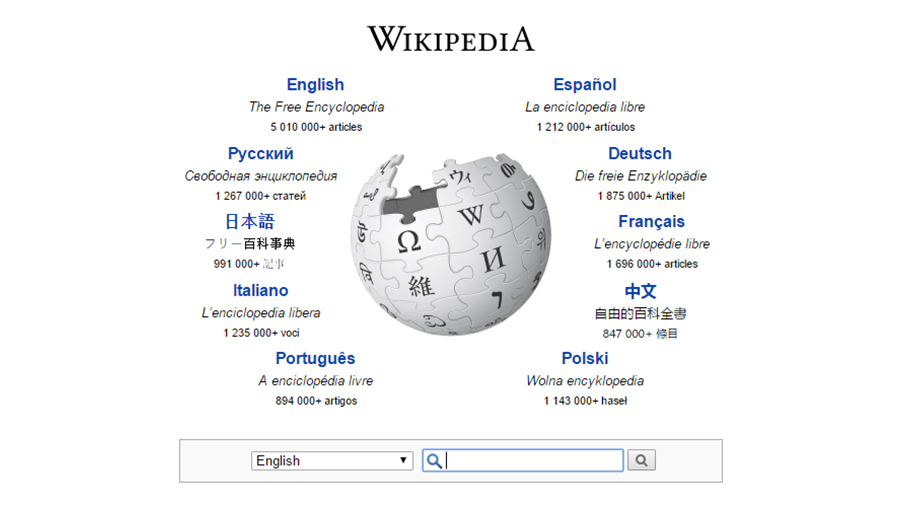Wikipedia's AI is cracking down on your bad editing
Knowledge is power

Wikipedia has a new artificial intelligence service designed to improve the quality of its articles and root out bad editing more quickly: it's called the Objective Revision Evaluation Service (ORES) and could put an end to your comedy edits of pages for the rich and famous.
"ORES functions like a pair of X-ray specs, the toy hyped in novelty shops and the back of comic books," explains a post on the Wikimedia blog. "But these specs actually work to highlight potentially damaging edits for editors. This allows editors to triage them from the torrent of new edits and review them with increased scrutiny."
About half a million edits happen on Wikipedia every day, which is a lot for human editors to keep up with - the new ORES service is designed to take on some of this workload and make Wikipedia a more welcoming place. The aim is to make life easier for human editors, not replace them.
Spammers and trolls beware
ORES works by analysing quality assessments made by real people: by looking at which kinds of edits get approved and which don't, the roving software bots can apply some machine learning magic to spot patterns and make assessments of their own.
It's an open web service that everyone can play around with - anyone who's handy with a coding language can return results from ORES themselves. The source code and performance statistics are being made public too to keep the service as transparent as possible.
So if you suddenly find your creative interpretations of the events of the Second World War or the life and times of Wayne Rooney are getting cleaned up faster than ever, you'll know why - ORES is watching.
Sign up for breaking news, reviews, opinion, top tech deals, and more.

Dave is a freelance tech journalist who has been writing about gadgets, apps and the web for more than two decades. Based out of Stockport, England, on TechRadar you'll find him covering news, features and reviews, particularly for phones, tablets and wearables. Working to ensure our breaking news coverage is the best in the business over weekends, David also has bylines at Gizmodo, T3, PopSci and a few other places besides, as well as being many years editing the likes of PC Explorer and The Hardware Handbook.